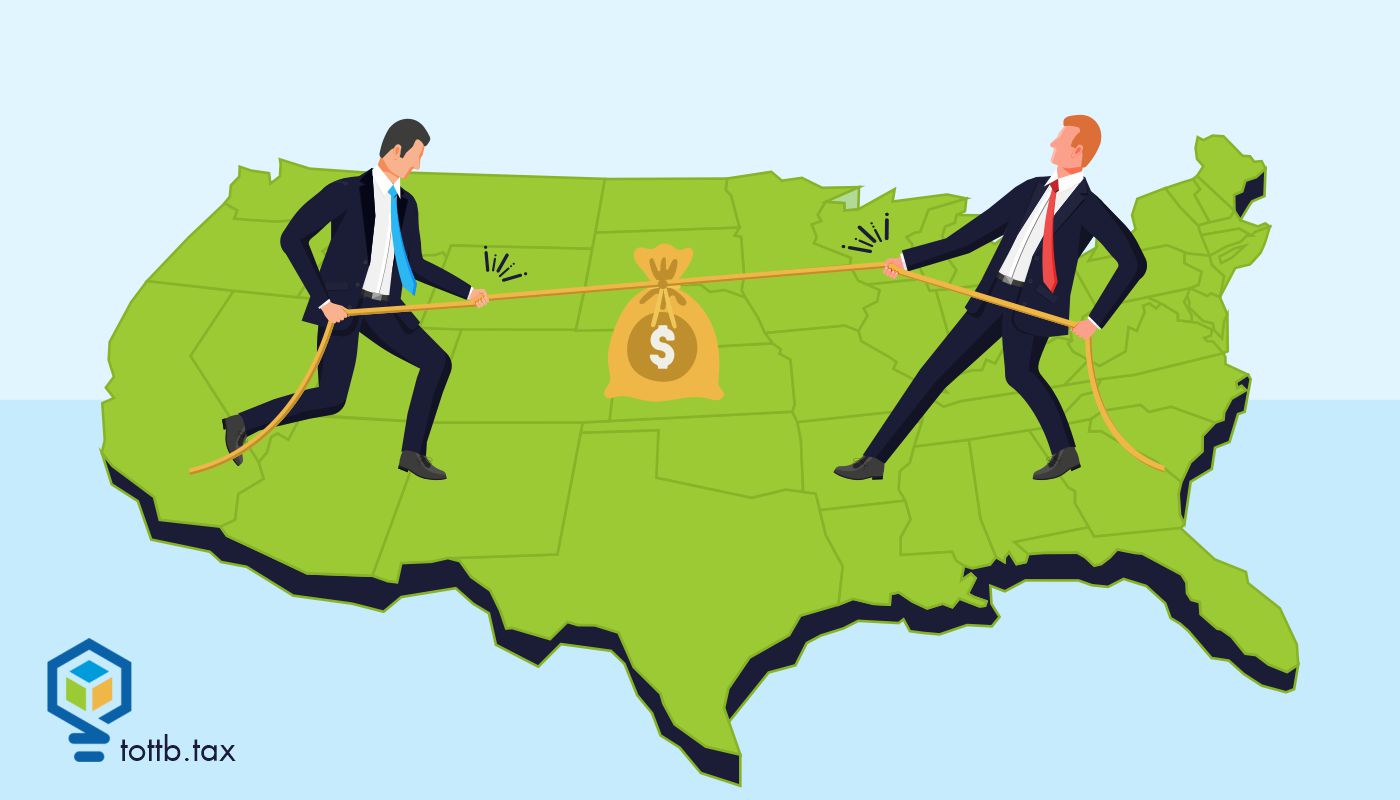
Should You Switch Your Work Strategy for Tax Planning Season?
If you’re like most tax professionals, you’re probably working tax-prep season hyper-focused and -vigilant, refusing to hit pause except on absolute demand. You’re keeping a sharp eye on the ball, the players, and the end goal: maximizing your resources and providing impeccable service to your clients. Now, when you have lots of familiar, practiced work to do in little time, working like this can produce great results.
However, tax-prep season is ending, and tax-reduction planning season is beginning. Therein, hyper-focus, hyper-vigilance, and workdays, weeks, and months without meaningful rest can backfire and steal from you the results you hope to produce. That’s because reactively responding to external demands and deadlines (set by clients and the IRS, for example), requires something different from you doing proactive designing and selling high-end tax plans.
Consider this, as you shift from tax-prep to tax planning, you:
● Soften your focus on computers, numbers, and speed and sharpen your focus on talking with prospective clients about their finances, their hopes and worries about their business and family, and how you might best serve them. This requires a shift from grinding and discipline to presence and attunement.
● Soften your focus on meeting immediate deliverables and sharpen your focus on developing long-term strategies for products you offer and your business overall. This requires a shift from following rules, structures, and guidance to thinking creatively and working socially.
● Soften your focus on external deadlines and client demands and sharpen your focus on your own ambitions and drive to get things done. This requires a shift from aligning your priorities with others’ agendas to aligning your priorities with your own dreams and goals.
Making shifts like these can be challenging, particularly if tax-prep season devours you and you enter tax-reduction planning season depleted and drained. However, taking time now to recharge and reset can help you pivot and produce powerful results in the end.
Did Tax Season Devour and Deplete You?
When it comes to personal performance in business, I like to contrast two modes of working: Depleted Mode and Resourced Mode. These modes aren’t binary; rather, they’re two ends of a continuum that we all constantly move along.
Generally, when you find yourself highly distracted and distractible, pushing yourself to keep going, and working excessive hours to make up for lost time, you’re in Depleted Mode. Tax-prep season unfailingly produces this outcome for the best of tax pros. Exhaustion (or simple tiredness), frustration, and a taxed mind (pun intended) live here.
When you’re drawn into your work, interested in the results you produce, and loving what you do, you’re in Resourced Mode. Enthusiasm, creativity, and connection live here. Resourced Mode offers an ideal environment to tax pros for engaging with the demands of tax planning season.
You’ve probably seen yourself operate in both of these modes and along the continuum. Many tax professionals start the tax-prep season in Resourced Mode but end in Depleted Mode after months of hyper-focus and -vigilance, both of which you can only sustain in short bursts. There’s nothing wrong with Depleted Mode; most people land themselves there through hard work and commitment. (Incidentally, you can build systems and structures to reduce or avoid Depletion Mode over time, but that’s a topic for another day.)
Many people produce great work in Depleted Mode, and that can trick them into thinking it’s effective for every kind of work. You can do tax prep in Depleted Mode, for example, because the work is familiar, somewhat predictable and consistent, and ultimately requires less mental engagement. However, Depleted Mode renders fewer productive results in tax-planning season because there you need deeper thought, mental space and physical energy to develop a strategy, a connection to people, and effectively sales.
Ultimately, even in situations where Depleted Mode works decently, Depleted Mode can lead to:
▪ Procrastination: Being overworked and under-rested drains your mental capacity and leads to internal resistance on projects that require more mental energy.
▪ Distractibility: Quick changes of focus habituate your brain to prioritize distractions instead of focused work, so you might find yourself putting “easy” work ahead of “valuable” work.
▪ Agitation: Fast pacing can create agitation, or a constant background sense of worry, which can hinder progress when you try to settle into something that requires deeper thinking, such as tax or business strategy (which requires divergent, non-linear thinking).
▪ Lower pay for more work: procrastination, distractibility, and agitation make it difficult to approach valuable work (higher-paying, more satisfying), leaving you to do easy work instead (lower-paying, less satisfying) so you feel as if you accomplish something.
▪ Cyclical depletion: In Depleted Mode, you produce less per hour, make up for it by working more hours, and stay in Depleted Mode by overworking yourself.
Still working in depleted mode? Click here to learn how to shut down the grind and turn on the productivity.












